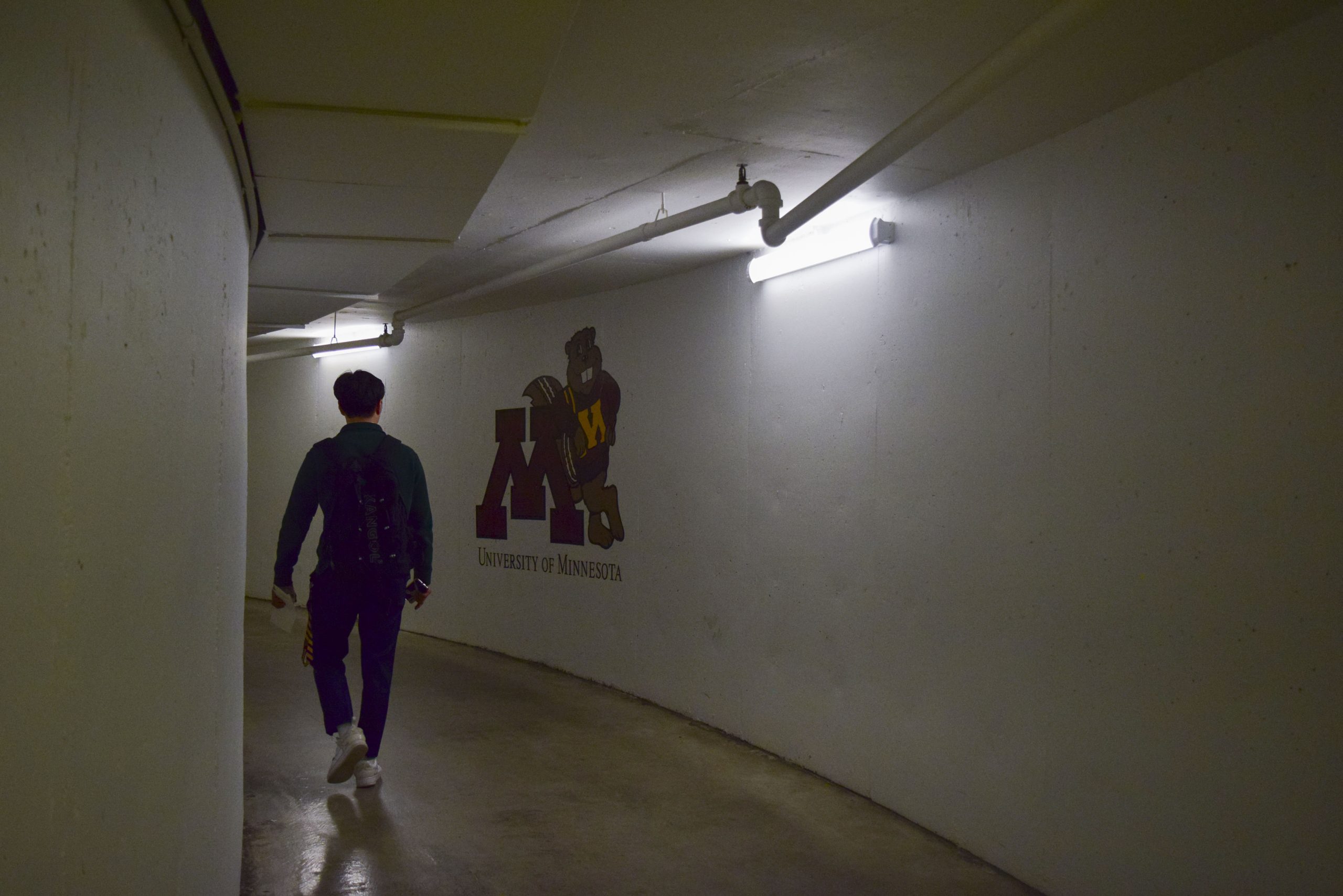SAN FRANCISCO (AP) — A federal appeals court upheld California’s voter-approved ban on affirmative action, opening the way for the state to dismantle programs that favor women and minorities in hiring and education.
In a 3-0 ruling, the 9th U.S. Circuit Court of Appeals lifted a judge’s order that had blocked enforcement of Proposition 209 not long after it was approved in November.
Judge Diarmuid O’Scannlain, writing for the appeals court, said the U.S. Constitution “barely permits” preferential programs.
The affirmative action programs affected by Proposition 209 “work wholly to the benefit of certain members of one group and correspondingly to the harm of certain members of another group,” he wrote.
The ruling is scheduled to take effect in 21 days. Supporters of affirmative action said they will ask for a rehearing by 11 members of the 9th Circuit and press it to continue the ban on enforcement in the meantime.
The ruling foreshadows “a resegregation of society,” said Eva Paterson, executive director of the Lawyers’ Committee for Civil Rights of San Francisco.
Supporters of Proposition 209 were jubilant.
The ruling “sends a strong, clear signal that the people of California were right when they stated that there should be no discrimination,” said Sean Walsh, spokesman for Republican Gov. Pete Wilson.
The initiative, passed by 54 percent of the voters, would prohibit racial or gender preferences in state hiring, awarding of contracts and college admission.
Last fall, U.S. District Judge Thelton Henderson blocked enforcement of the measure, ruling it would unfairly abolish programs that benefit minorities and women while leaving others intact, including those for veterans.
President Clinton, who opposed Proposition 209 during the campaign and in court, said on Tuesday that “we’ll all have to regroup and find new ways to achieve the same objective” if the measure is upheld.
Opponents of Proposition 209 relied chiefly on a 1982 Supreme Court ruling striking down a Washington state initiative prohibiting school boards from ordering busing for integration. The high court said the measure discriminated against minorities.
But O’Scannlain said the ruling probably does not apply to women, who make up a majority of the population. He also said affirmative action programs are less benign than school busing.
“Unlike racial preference programs, school desegregation programs … do not work wholly to the benefit of certain members of one group and correspondingly to the harm of certain members of another group, and do not deprive citizens of rights,” O’Scannlain said.










